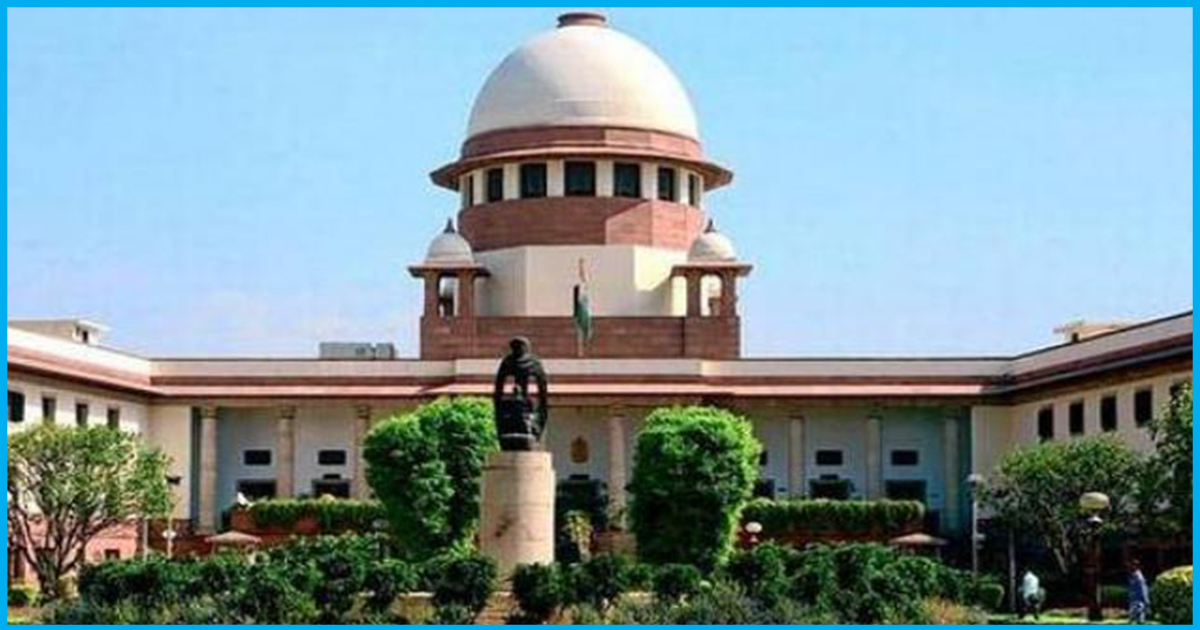
Cannot Claim SC/ST Benefits In Second State Unless Caste Notified There: Supreme Court
31 Aug 2018 6:52 AM GMT
The Supreme court on Thursday passed a judgement that a Scheduled Caste and Scheduled Tribe community member cannot claim SC/ST quota benefits in two different states. According to NDTV report a five-judge Constitution bench voted that a member of the SC/ST community in one state cannot claim the benefits of the quota reservation in government employment in another state where he/her has migrated for employment or education purpose if his/her caste is not notified in that state.
At least eight petitions had raised the question if it was right for SC/ST member in one state to seek reservation in another state where his/her caste is not considered under SC/ST.
Headed by Justice Ranjan Gogoi, the bench comprised of justices N V Ramana, R Banumathi, M Shantanagoudar and Justice S A Nazeer. The bench held that “ A person notified as Scheduled caste in state A cannot claim the same status in another state on the basis that he is declared as Scheduled Caste in state A.” The bench pointed out that SC/STs specified about in a state or a union territory does not necessarily carry the same status in another state or union territory, as reported by Times of India.
According to The Hindu, Justice R.Banumathi was the only one opposing the ruling based on the applicability of the central reservation policy on SC/ST in Delhi. She pointed out that although services under the Union Territories are Central Government services, they come under the respective Union Territories and not under the direct control of the Union of India. “Such services under Union Territories cannot be said to be Central Civil Services, that is services under Union of India, to extend the benefit of pan-India reservation for recruitment to the services under respective Union Territories including Union Territory of Delhi,” she added.
With a majority of 4:1, the bench held that the central reservation policy regarding SC/ST would be applicable in Delhi. The court said different states had different consideration for specifying a particular caste or tribe or class to be included in the list of SC/ST or other backward classes. It depends on the nature and extent of the social hardships and economic disadvantages suffered by the members of the class in that particular state. They added, “The upshot of the…discussion would lead us to the conclusion that the Presidential Orders issued under Article 341 regarding Scheduled Castes and Article 342 regarding Scheduled Tribes cannot be varied or altered by any authority including the Court.”
Also Read: Centre Says Can’t Deny Reservation In Promotion To SC/ST Based On Creamy Layer Concept In Govt Jobs
 All section
All section













